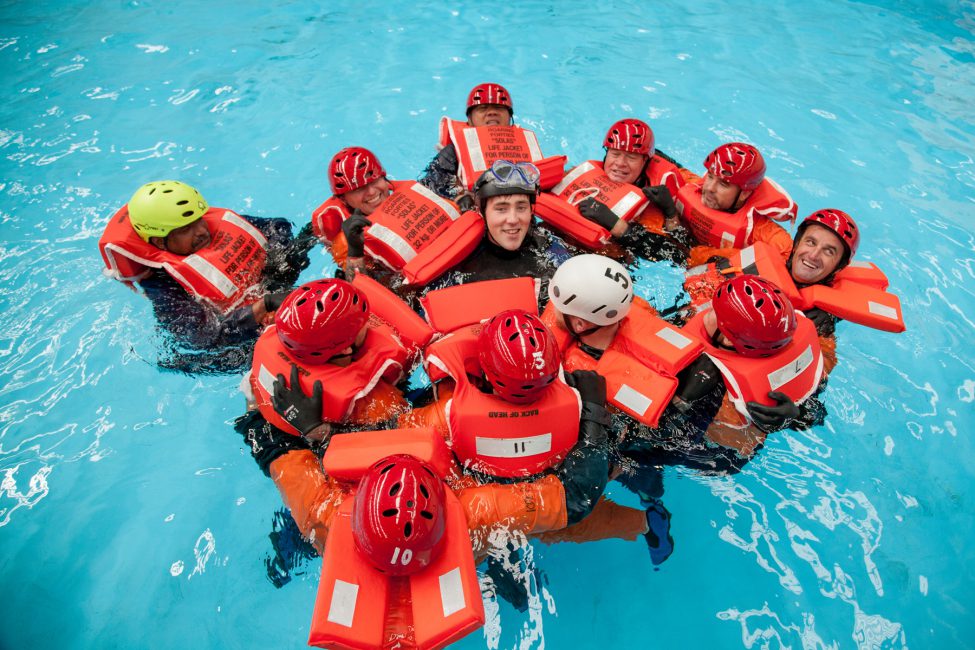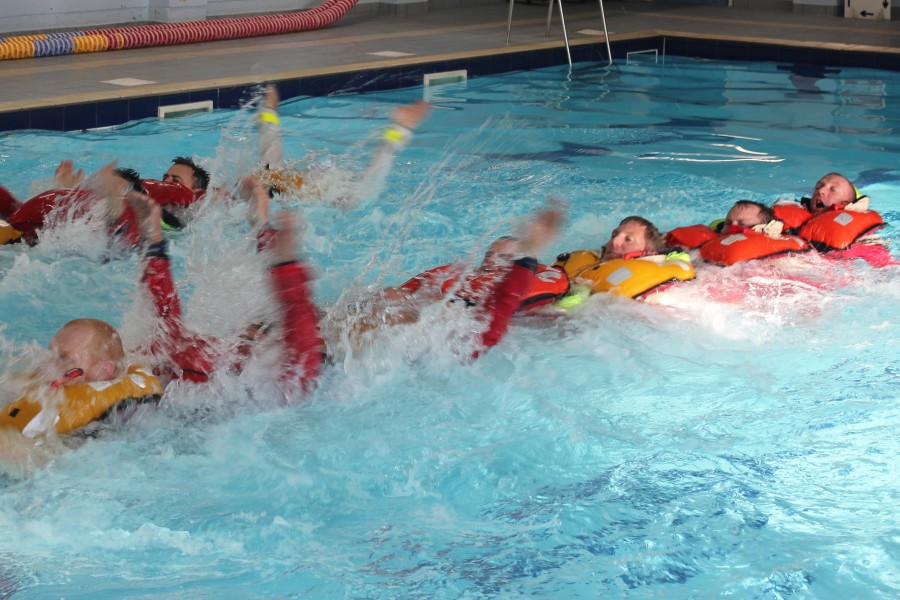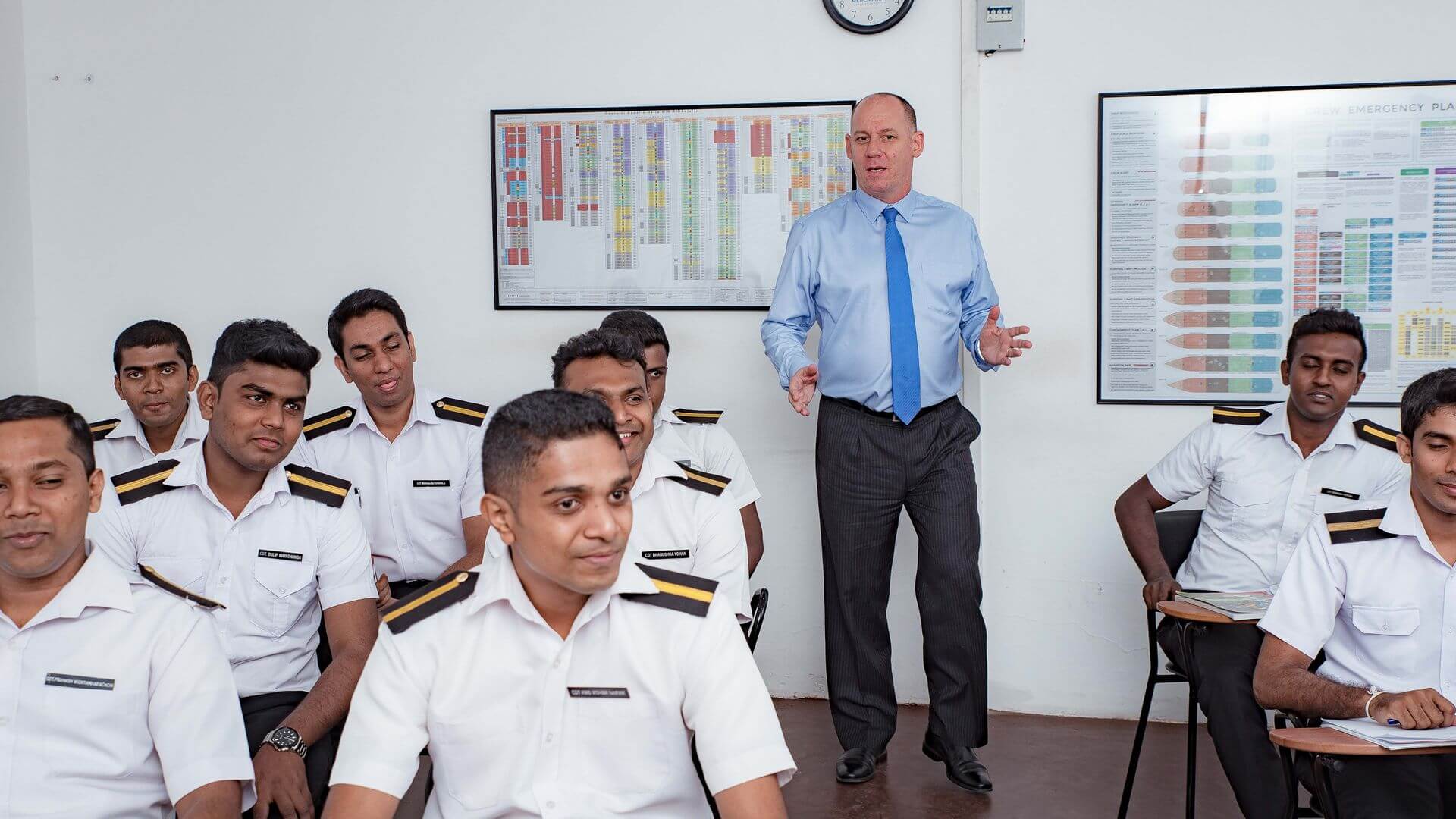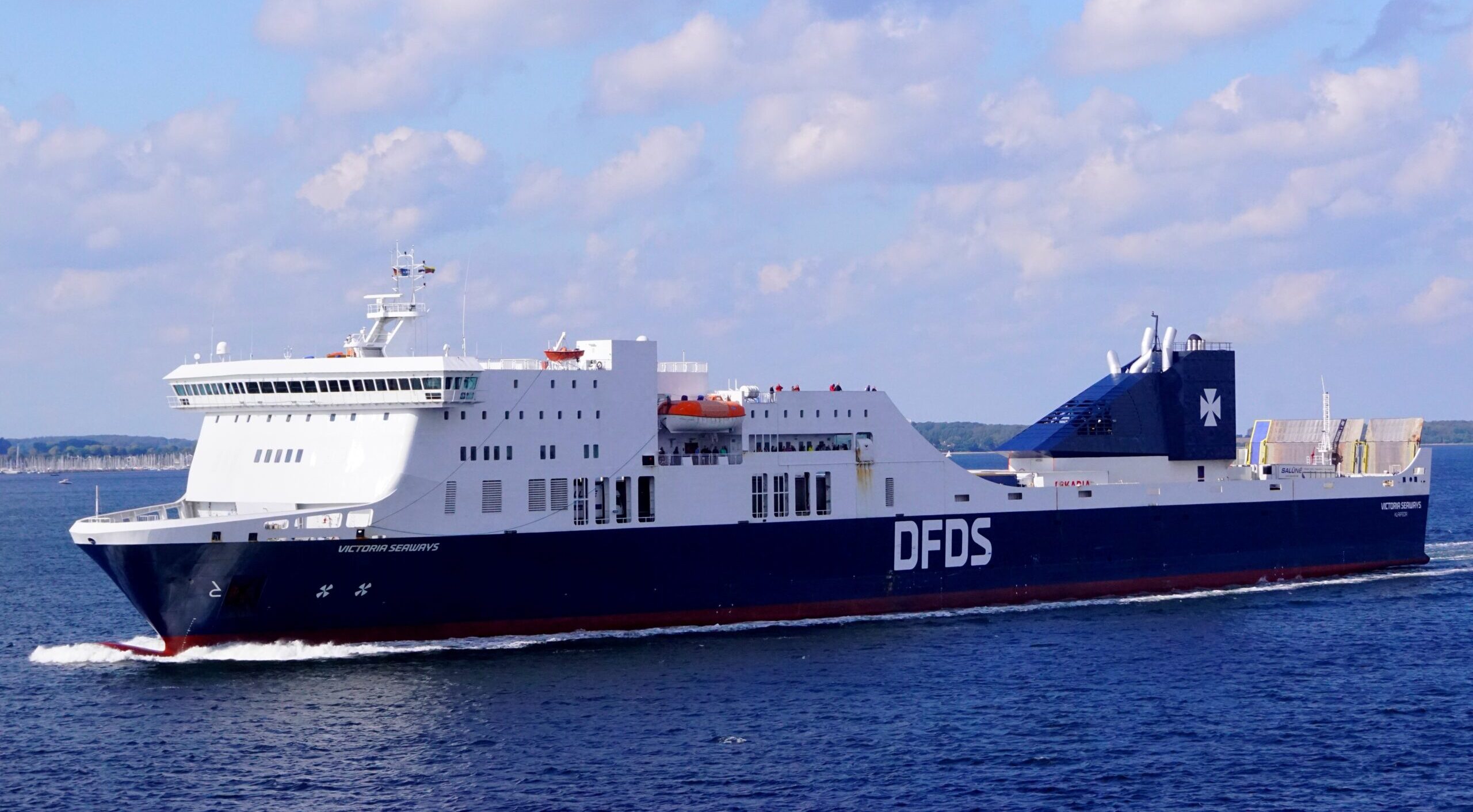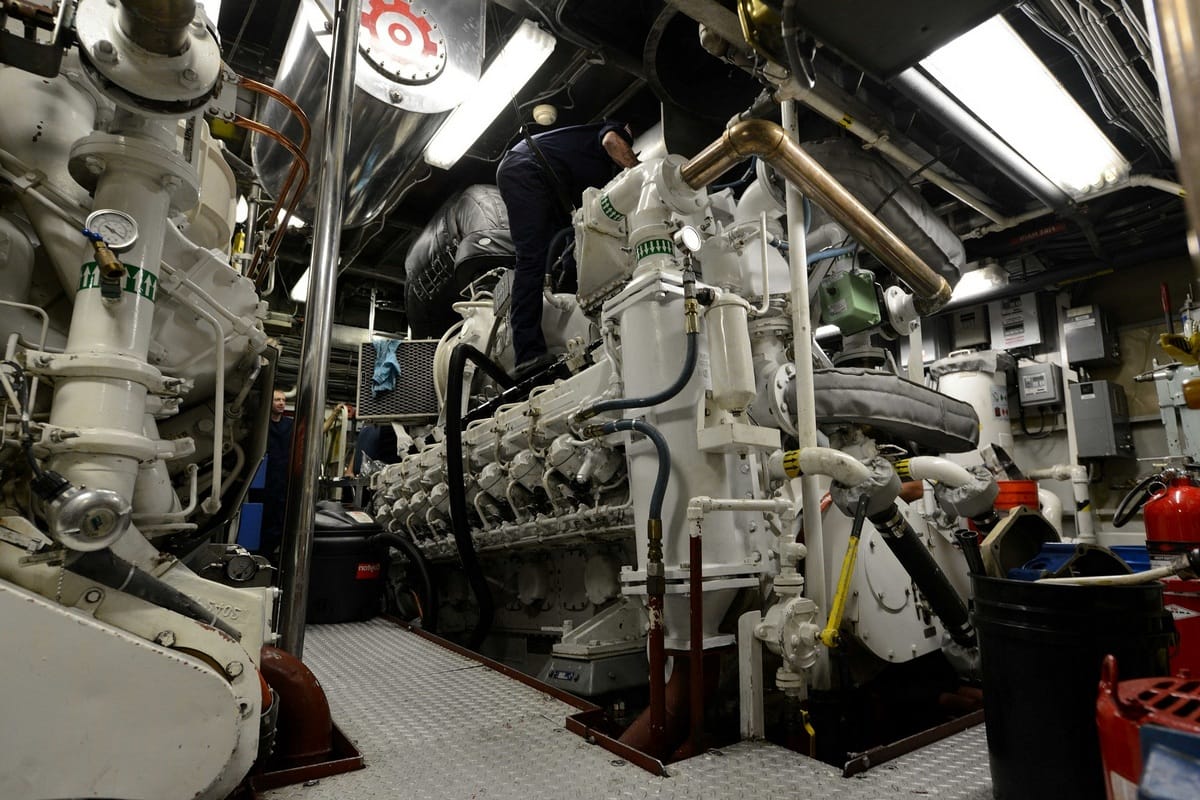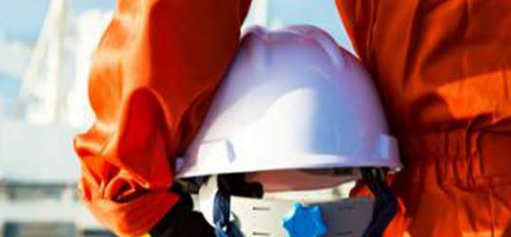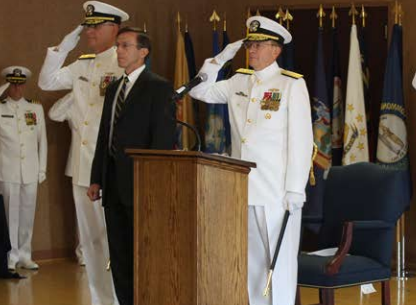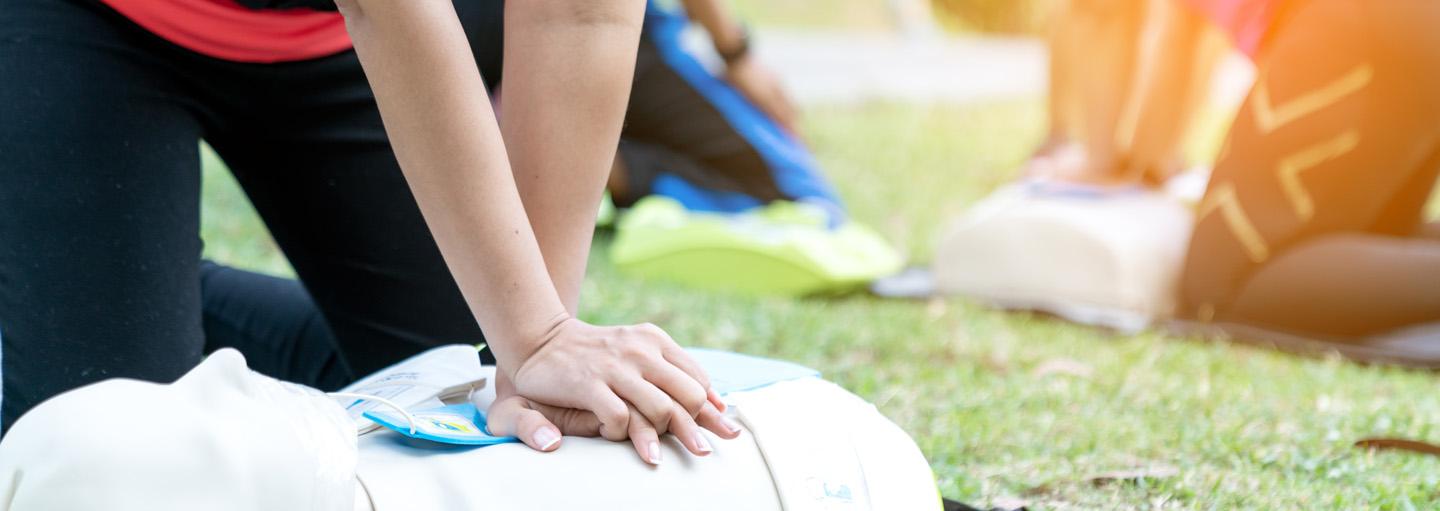
MARITIME TRAINING
Elementary first Aid
The course aims to provide the training for candidates to provide elementary first aid on board ship and take immediate action upon encountering an accident or other medical emergency, in accordance with Section A-VI/1 of the STCW Code.
